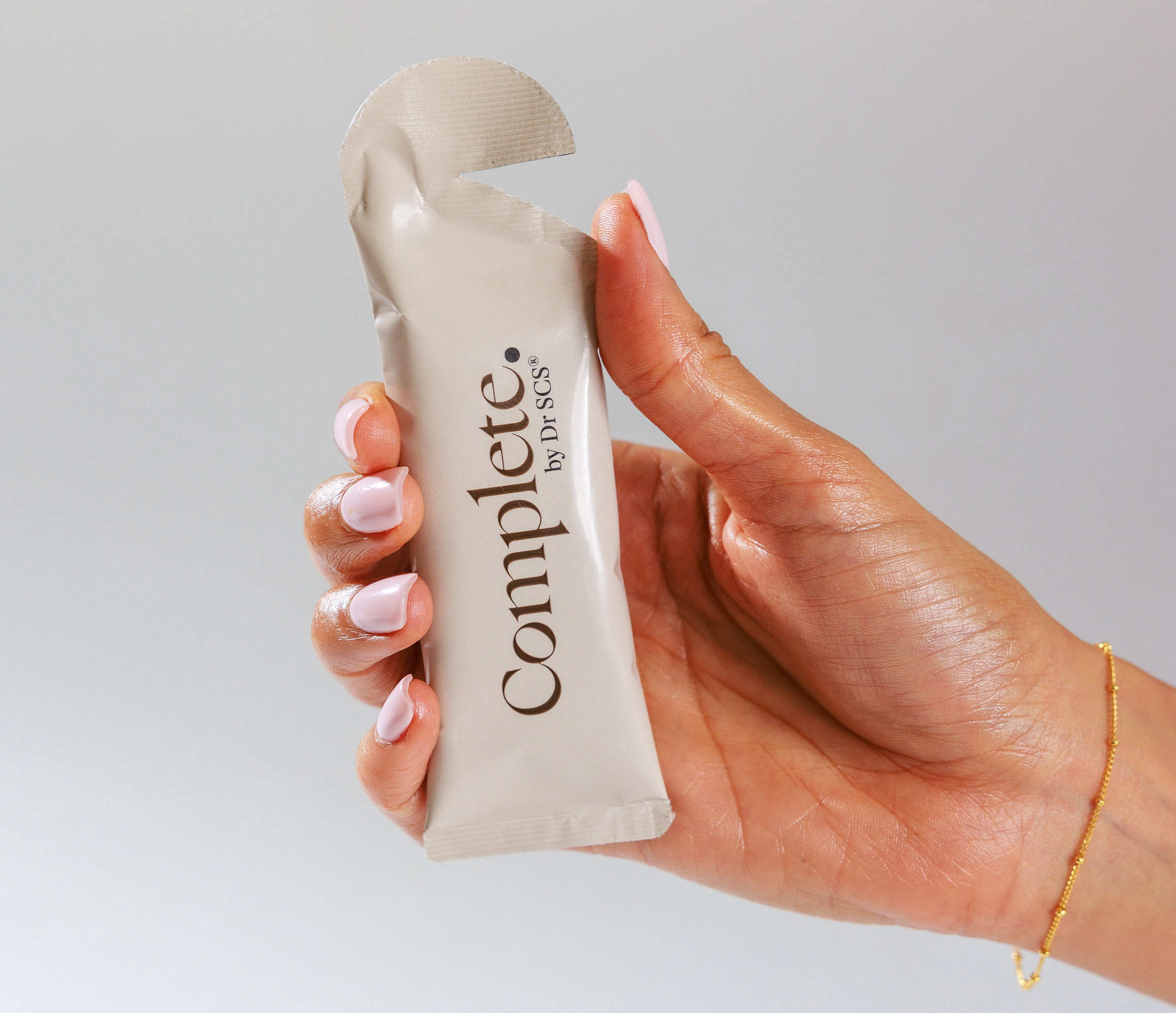
The Role of Nutrition in Skin Health: Evidence-Based Insights
While topical skincare products dominate beauty routines, mounting research demonstrates that nutritional factors significantly influence skin function, appearance, and ageing processes. Understanding how dietary choices affect skin health provides a foundation for comprehensive skincare approaches.
Proper nutrition supports fundamental skin processes through multiple mechanisms. Vitamin C acts as an essential cofactor in collagen synthesis, while vitamin E provides antioxidant protection against free radical damage. These nutrients work systemically to support skin structure and defend against environmental stressors.
Hydration represents another critical factor often overlooked in skincare discussions. While topical moisturisers address surface hydration, internal water intake supports cellular function, nutrient transport, and toxin elimination. Adequate hydration maintains skin plumpness and supports the delivery of nutrients to skin cells.
Anti-inflammatory nutrition plays a particularly important role in managing skin conditions. Omega-3 fatty acids from sources like fish and flaxseeds help modulate inflammatory responses that can contribute to acne, rosacea, and other inflammatory skin conditions.
“Effective skin health requires understanding that what you consume directly impacts how your skin functions at the cellular level. No topical treatment can fully compensate for nutritional deficiencies that affect skin biology.”
–
Dr. SCS
Protein intake supports skin repair and regeneration through amino acid provision necessary for tissue healing. Essential amino acids from complete protein sources enable the synthesis of structural proteins like collagen and elastin that maintain skin firmness and elasticity.
Antioxidant-rich foods provide systemic protection against oxidative stress that accelerates skin ageing. However, it’s important to note that while foods like berries, green tea, and dark chocolate contain beneficial compounds, they work as part of overall dietary patterns rather than functioning as isolated “superfoods.”
The timeline for nutritional improvements in skin health typically requires 8-12 weeks of consistent dietary changes, reflecting the time needed for cellular turnover and nutrient status improvements. This underscores why sustainable dietary patterns matter more than short-term interventions.
Successful skin nutrition strategies focus on overall dietary quality rather than individual supplements or foods, recognising that skin health reflects comprehensive nutritional status and cannot be addressed through topical treatments alone.


Join our mailing list
Stay in the loop! Join our newsletter for exclusive updates and promotions
Articles we think you will like

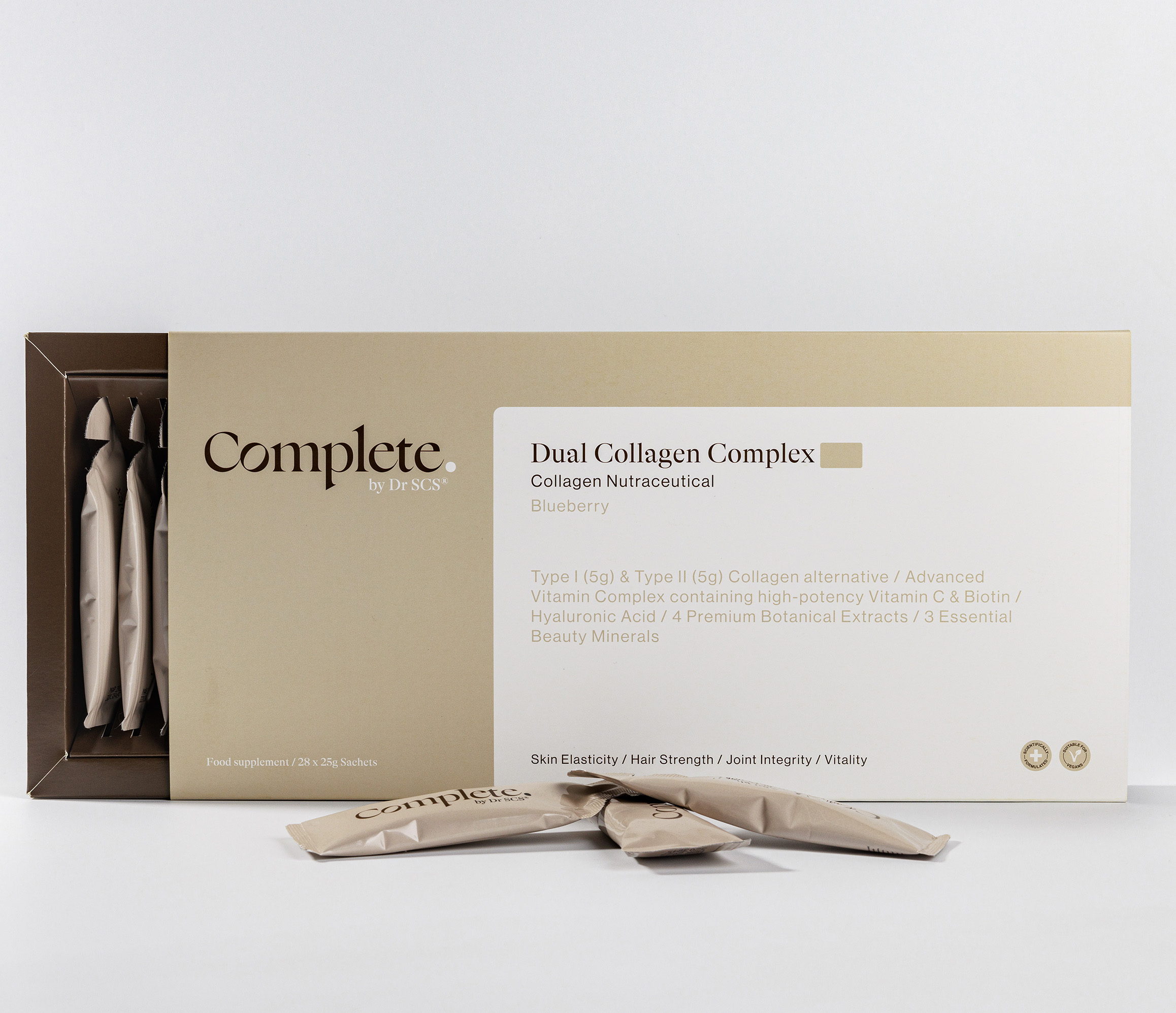
32.9% Wrinkle Reduction in 8 Weeks: Inside the Clinical Trials

Beyond Animal Collagen: The Science of Human-Identical Collagen
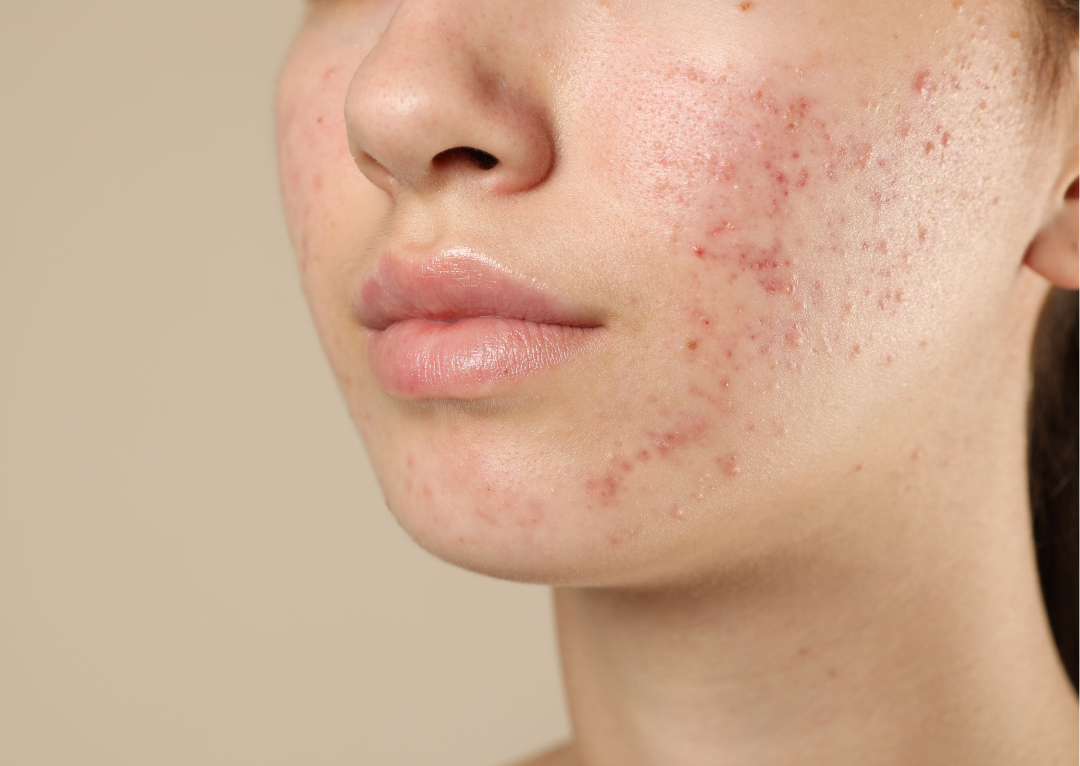
The Science Behind Clear Skin: How Your Gut Microbiome Controls Breakouts
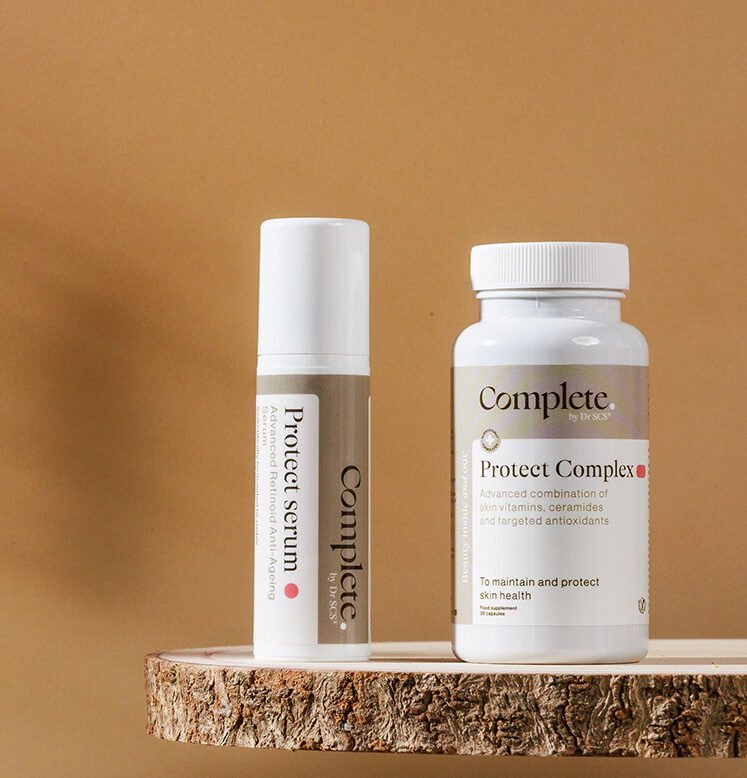
Most people are wasting money on retinol. Here’s why.

Why Your “Sensitive Skin” Might Actually Be Damaged Skin
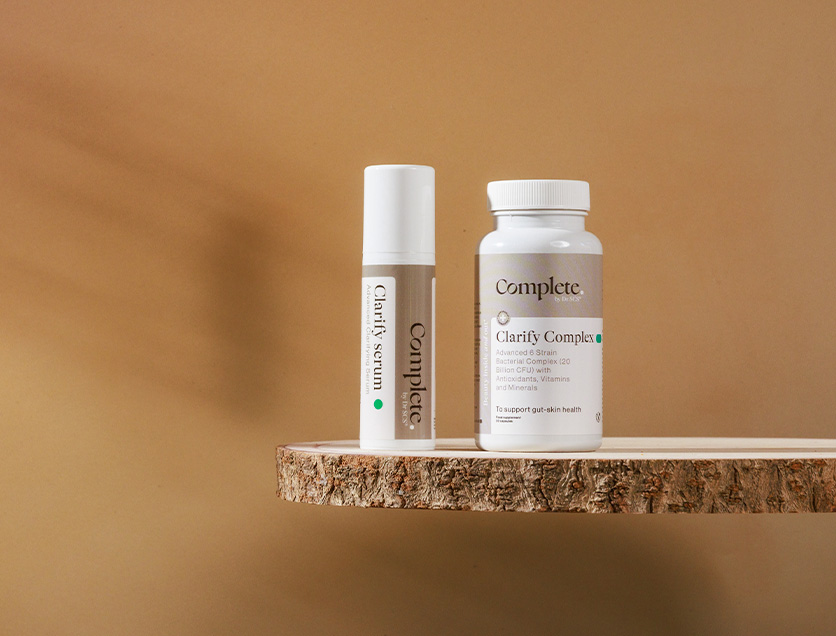
Stress & Skin Health: Understanding the Cortisol Connection

Building Your Skincare Routine: Evidence-Based Layering Principles

Magnesium & Menopausal Transitions: Examining the Evidence

